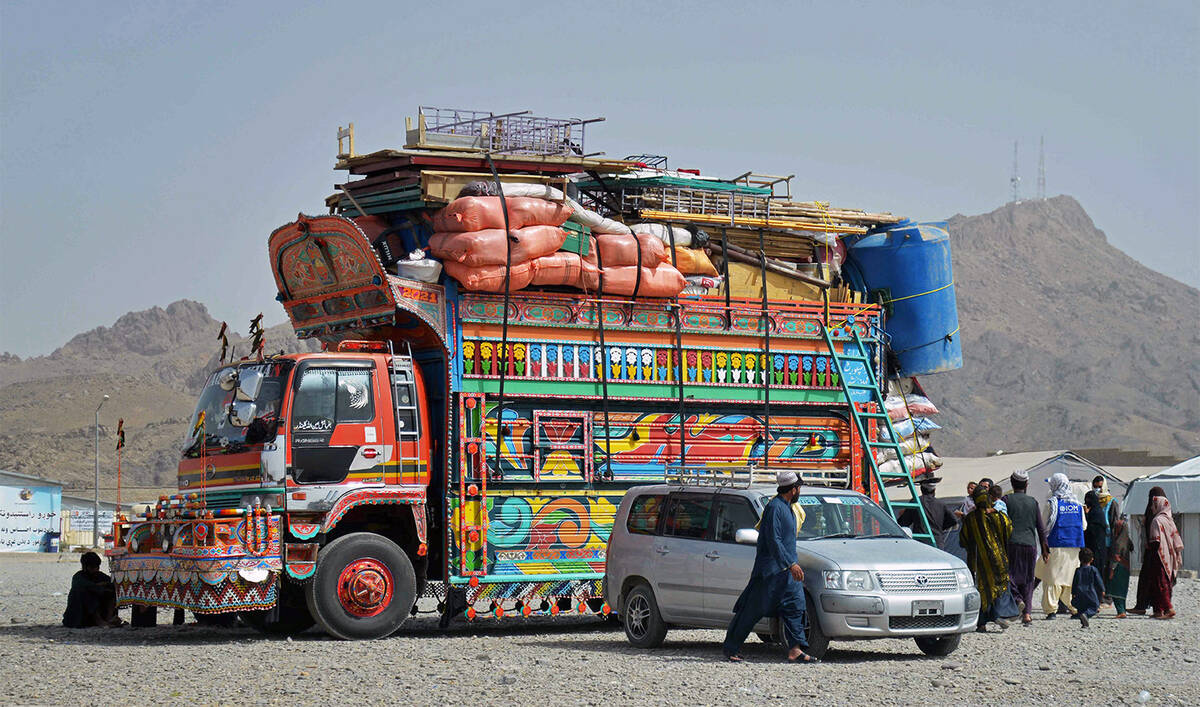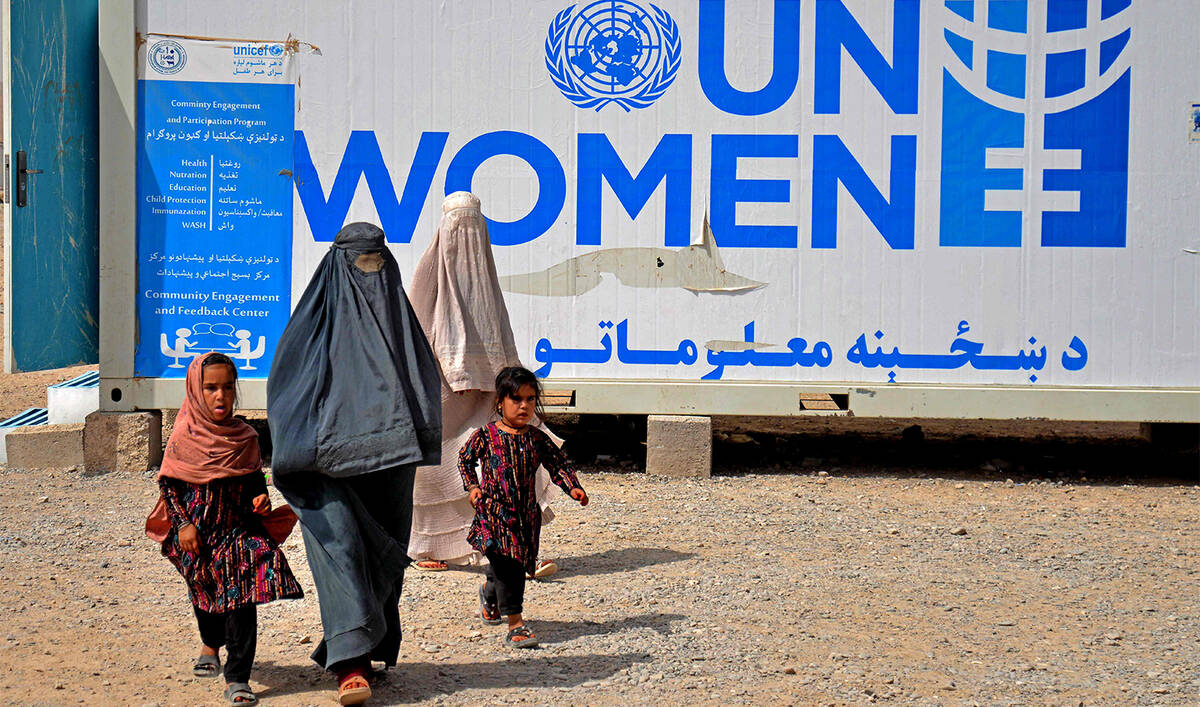BEIJING: President Xi Jinping heads to Russia on Monday hoping to deliver a breakthrough on Ukraine as China seeks to position itself as a peacemaker.
Freshly reappointed for a third term in power, Xi is pushing a greater role for China on the global stage, and was crucial in mediating a surprise rapprochement between Middle Eastern rivals Iran and Saudi Arabia this month.
Rumours that he may soon hold his first call with Ukrainian President Volodymyr Zelensky since the outbreak of war have raised hopes in Western capitals that Xi may lean on his “old friend” Putin to stop his bloody invasion during the three-day state visit.
Announcing the trip Friday, foreign ministry spokesman Wang Wenbin said China would “play a constructive role in promoting peace talks.”
“Stopping the war is everyone’s wish, given Europe stands to lose such a lot and the United States may not be able to support Ukraine for as long as it thinks it can,” said Wang Yiwei, director of the Institute of International Affairs at Beijing’s Renmin University of China.
“China can put forth its views on both sides — it can say it is a trusted friend of both Ukraine and Russia. I think this is very significant.”
Beijing, a major Russian ally, has long sought to depict itself as a neutral party to the conflict.
But it has refused to condemn Russia’s invasion and has sharply criticized Washington’s support for Kyiv — leading Western leaders to accuse Beijing of providing diplomatic cover for Russia to bludgeon its European neighbor.
“Beijing has done remarkably little so far to encourage peace in Ukraine, since any credible effort would require pressuring Russia or at least calling Russia out directly,” said Elizabeth Wishnick, a professor and Chinese foreign policy expert at Montclair State University in the United States.
Xi’s trip — which comes after the International Criminal Court on Friday announced an arrest warrant for Putin on war crimes accusations — aims “to show whatever support for his strategic partner he can provide, short of aid that would result in sanctions,” she told AFP.
Seeking to play the peacemaker, China last month published a 12-point position paper on the war in Ukraine, calling for dialogue and respect for all countries’ territorial sovereignty.
Beijing has also touted its Global Security Initiative (GSI), a hallmark Xi policy that aims to “promote durable peace and development.”
Both documents have drawn ire in the West for dwelling on broad principles instead of practical solutions to the crisis.
China’s recent diplomacy around the war appeared to be “an attempt to highlight” the GSI and “build momentum for its foreign policy and re-engagement with the world,” said Ja Ian Chong, an associate professor at the National University of Singapore.
“Whether (China) is actually stepping up its efforts to play peacemaker in a meaningful way will depend on the substance of what it proposes during meetings with leaders from Ukraine and Russia,” said Chong, who specializes in Beijing’s international relations.
“Their previous peace plan was more about general principles than actionable proposals.”
Beijing’s efforts to show itself to be an international mediator were front and center this month when it oversaw a deal that restored diplomatic relations between Saudi Arabia and Iran.
It later emerged that Xi himself offered for China to serve as a “bridge” between the rivals, challenging Washington’s long-standing role as the main external power broker in the Middle East.
“Brokering the (Saudi-Iran) deal feeds into the Chinese government’s narrative of being a positive-sum global player promoting peace and cooperation that contrasts with Washington’s purportedly destabilising actions,” said University of Southern California assistant professor Audrye Wong.
But stilling the gunfire in Ukraine would be “somewhat harder” than the Saudi-Iran deal, said Wang of Renmin University, citing China’s “limited” influence over Moscow and US backing for Kyiv.
Beijing, he suggested, could help usher in “an armistice similar to the one formed from the Korean War” that stops the fighting but kicks questions of territorial sovereignty further down the road.
But Wishnick, of Montclair State, said Ukraine was “unlikely to accept China as a mediator since it is not viewed as neutral or impartial.”
“Xi may be eager for diplomatic successes, but I just don’t see one on the horizon in Ukraine,” she said.
“Neither side is willing to give up hope yet for territorial gains on the battlefield.”


























